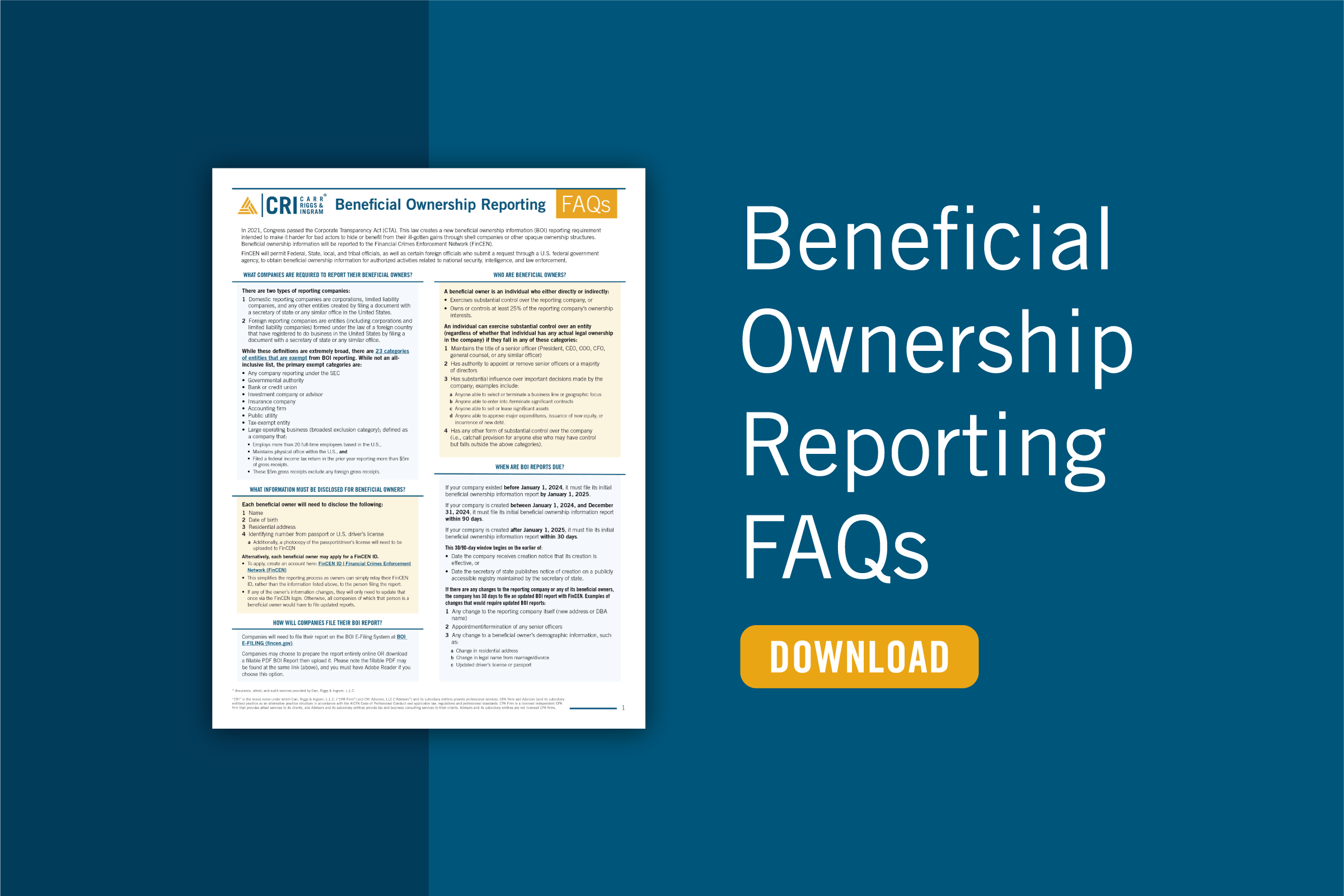Going Concern Issues for Nonprofits
- Contributor
- Kristen Simpson
Mar 2, 2022
The Financial Accounting Standards Board (FASB) requires management of both nonprofit and for-profit entities to assess whether there are conditions or events, considered in the aggregate, that raise substantial doubt about the organization's ability to continue as a going concern for at least one year after the date that the financial statements are issued. Some questions that an auditor* may ask to assess any going concern issues for nonprofits include (but are not limited to) the following:
- Do current assets exceed current liabilities?
- How liquid are the nonprofit’s assets?
- Are there any significant debt repayments due soon?
- Has the organization breached any debt covenants?
- Have current events impacted the timing or receipt of contributions from major donors?
After considering all of the relevant factors, if an auditor concludes that there is substantial doubt regarding an organization’s ability to continue as a going concern, then this fact will likely be disclosed in the financial statements and emphasized in the auditor’s report.
Going Concern Disclosures
Going concern disclosures are not frequently included in the financial statements of not-for-profit entities. Therefore, when disclosures are presented, they can have a significant impact on donors’ attitudes and their willingness to make contributions. In rare instances, that impact could be positive. Some donors may become aware that the organization is in hardship and make contributions to help. Typically, however, going concern disclosures are detrimental because donors may be less likely to risk their money on a struggling organization.
A nonprofit can provide the following to help allay an auditor’s going concern fears and possibly prevent going concern disclosures in the financial statements:
- a complete, accurate, and realistic cash flow forecast for at least the next 12 months;
- evidence of incoming donations;
- letters of support from major donors or other entities confirming that they will provide financial support if needed;
- recent financial information demonstrating that conditions have improved since the fiscal year-end; and
- a survival plan that outlines how the entity would satisfy an immediate need for cash without interrupting core operations or eliminating essential budget items.
Let CRI Theorize Whether Going Concern Issues Could Impact Your Nonprofit
Questions about financial factors impacting decisions about going concern disclosures? Contact CRI’s nonprofit professionals.






































































































































































































































































































































































































































































